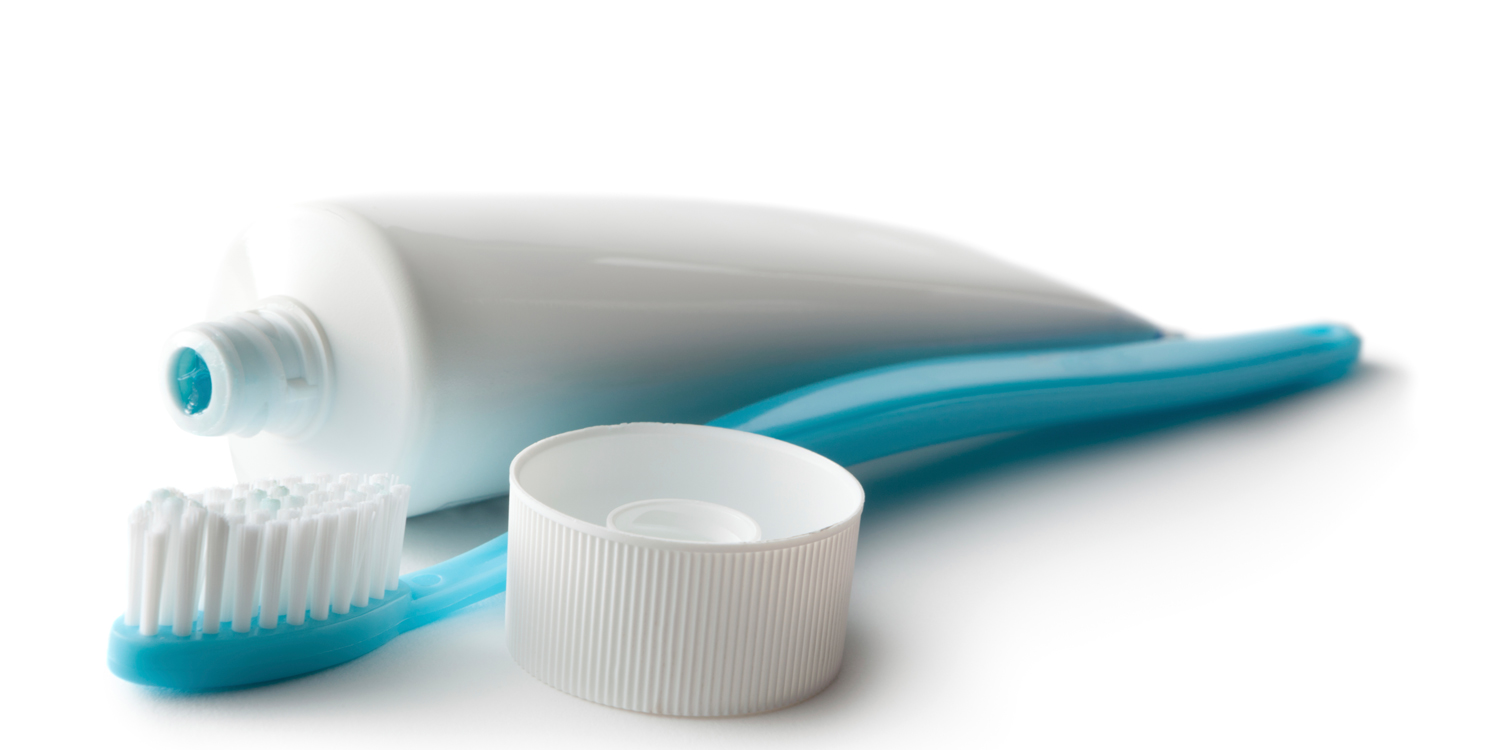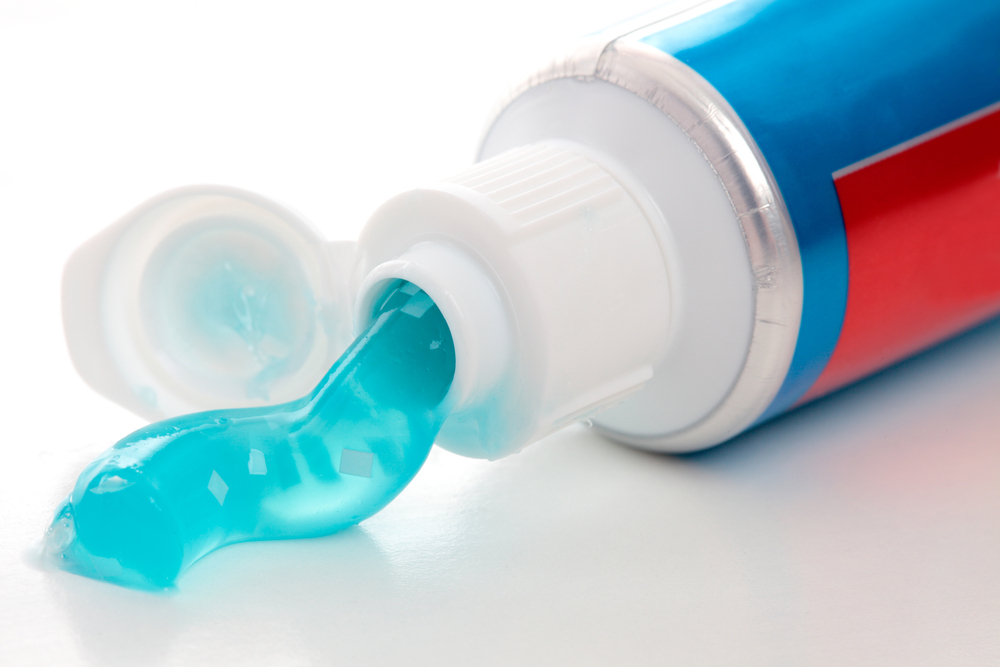Women are mostly affected with oral health problems because of the unique hormonal changes they experience. Increased female hormones, estrogen and progesterone, cause increased blood flow towards the gums which causes overreaction to anything that may irritate the gums such as bacteria and plaque. This overreaction leads to gums being inflamed, swollen, and even bleeding.
If left untreated, ongoing gum inflammation can lead to bone loss and eventually tooth loss. Hormones are a fact of life, but not gum disease. Gum disease is preventable and often reversible at early stages.
If you’re a woman reading this, you should now start paying extra attention and take good care of your mouth during these stages of your life.
Puberty
During puberty, hormones are very active and can cause a teenage girl’s gums to become reddish, swollen, and bleeding. It is because the gums are overreacting to plaque buildup around the teeth. That is why it is important for parents to educate their teenage girls to refrain from frequent snacking to lessen plaque accumulation. Also, brushing 2-3 times a day or every after meal is vital.
Menstrual Period
Most women fail to notice that their gums are more red and swollen days before or at the onset of menstrual period. It is because the female hormones are at their peak. It is very important to keep home oral hygiene care a priority to prevent it from developing into gum disease.
These symptoms should subside after your period has ended. If your gums remain swollen after a few days or weeks after your period, you should visit your dentist.
Use of Birth Control Pills
Using birth control pills with high dosage of female hormones – estrogen and progesterone – then it can also cause overreaction of gums to plaque. Fortunately, modern birth control pills are now regulated to have the right amount of female hormones.
Pregnancy
During pregnancy, women’s body is in hormonal hyperactive state. Some women develop Pregnancy Gingivitis, a mild type of gum disease that causes gums to appear red, tender, and sore. It is very important to visit your dentist during pregnancy for routine professional dental cleaning and staying on top of toothbrushing and flossing at home.
Menopause
During menopause, there’s hormonal imbalance that may result to altered taste, burning sensations in your mouth, and increased sensitivity. Dry mouth and bone loss are common during menopausal period. It is important to consult your dentist regarding dry mouth. Low saliva flow can cause increased tooth decay, and it is thus recommended to drink a lot of water to keep you hydrated.
Also, during menopause there could be low estrogen levels which can result to bone loss. To help you reduce the risk of bone loss, talk to your dentist to make sure you’re getting the right amount of calcium and Vitamin D.
In summary, whether you have high or low hormone levels, it is important to make and keep your oral health care a priority. Brush twice or thrice a day, especially every after meal; stop smoking, and avoid excessive alcohol consumption.
Follow and like Dr. Sunny Tatra on Twitter, Facebook, Instagram and Google+ to stay up to date with the latest news and tips. To read client reviews or to share your own experience, visit our RateMDs and Yelp pages. To book an appointment with Dr. Sunny Tatra and his team, phone +1 250 590 0166, email, or fill out the online appointment form!









